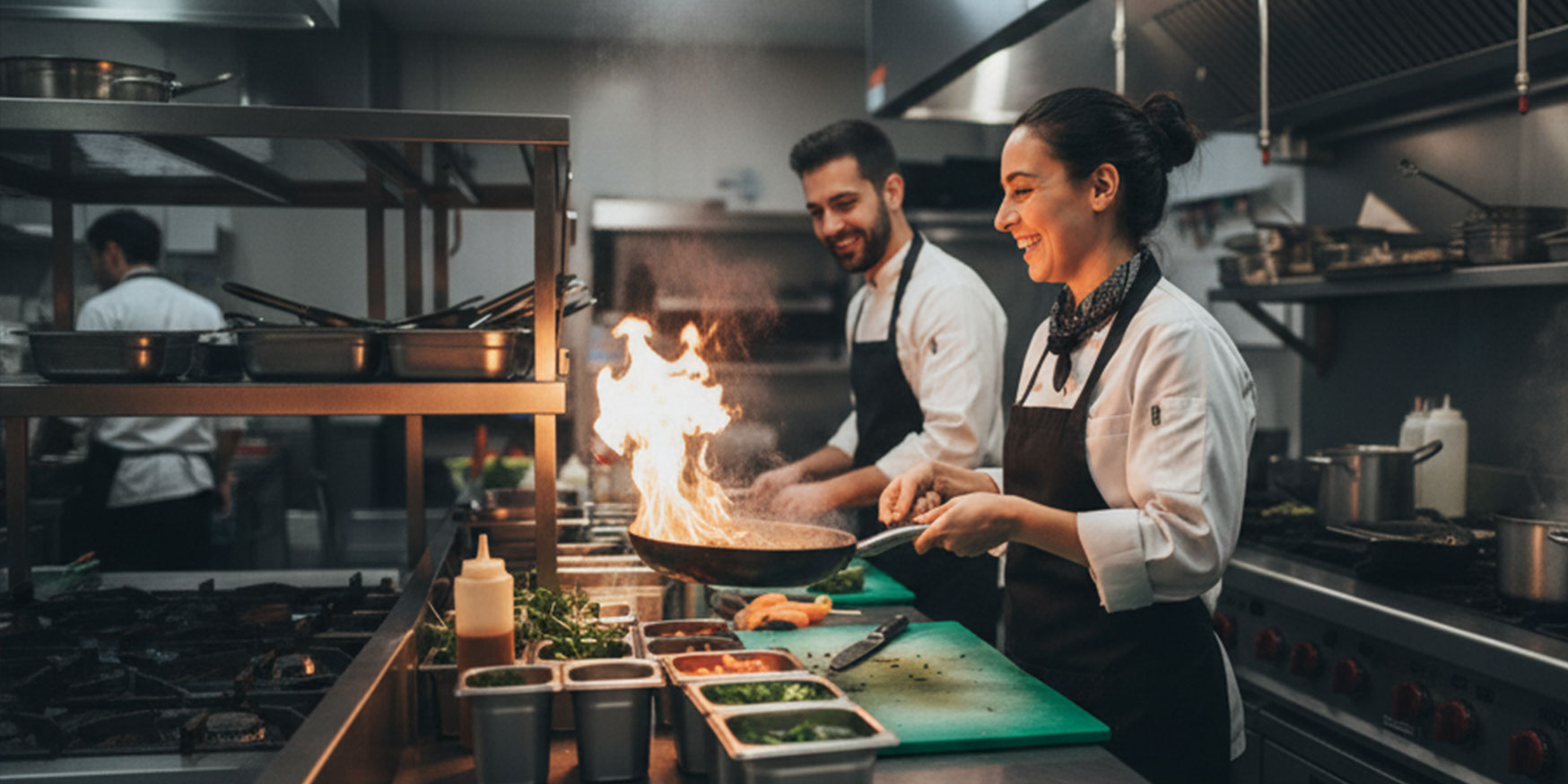
The hospitality industry encompasses restaurants, hotels, and event spaces, and relies on thoughtful customer interactions and seamless efficiency. The demanding, fast-paced nature of hospitality workplaces calls for a specific set of core skills, from customer service and teamwork to reliability and resilience. Unsurprisingly, these skills align with the Big Five personality dimensions: Openness, Conscientiousness, Extraversion, Agreeableness, and Emotional Stability.

The most important social skills in hospitality, customer service and strong communication, are rooted in Extraversion and Agreeableness. Extraversion, characterized by sociability, assertiveness, and enthusiasm, fuels the ability to be friendly, engaging, and attentive, creating that all important positive guest experience.
However, charm alone isn't enough. Agreeableness, defined by compassion, cooperation, and courtesy, is essential for effective teamwork and managing interpersonal dynamics. Agreeable individuals are naturally concerned with others, and have the skills needed for coordinating with colleagues, handling customer issues with integrity and empathy, and making a kitchen or floor run smoothly.
In an industry where a single missed detail can ruin a guest’s experience, Conscientiousness is non-negotiable. It involves being organized, responsible, and detail-oriented, underpinning many critical operational skills:
Restaurant life is unpredictable, requiring staff to constantly adapt. This is where Openness and Emotional Stability come into play.
Openness to Experience, which involves curiosity and a willingness to learn, is vital for both problem-solving and acquiring food and beverage knowledge. Openness makes people better equipped to think quickly and handle unexpected situations like a customer complaint or a sudden equipment failure. However, this needs to be balanced with a focus on following procedures and best practices.
Finally, Emotional Stability is the backbone of adaptability and flexibility. It ensures staff remain calm under pressure, handle stress, and manage emotional demands while remaining alert and sensitive to what is going on around them. This type of emotional regulation is key to performing all the core skills, from communication to customer service, effectively, especially during peak service times.
Overall, while technical and experience-based competencies like cooking, food safety and understanding POS systems are desirable, long-term success in the dynamic world of hospitality ultimately hinges on a range of skills driven by personality. And that’s why building a personality assessment into a hiring process increases the odds of selecting high quality front and back-of-house staff.